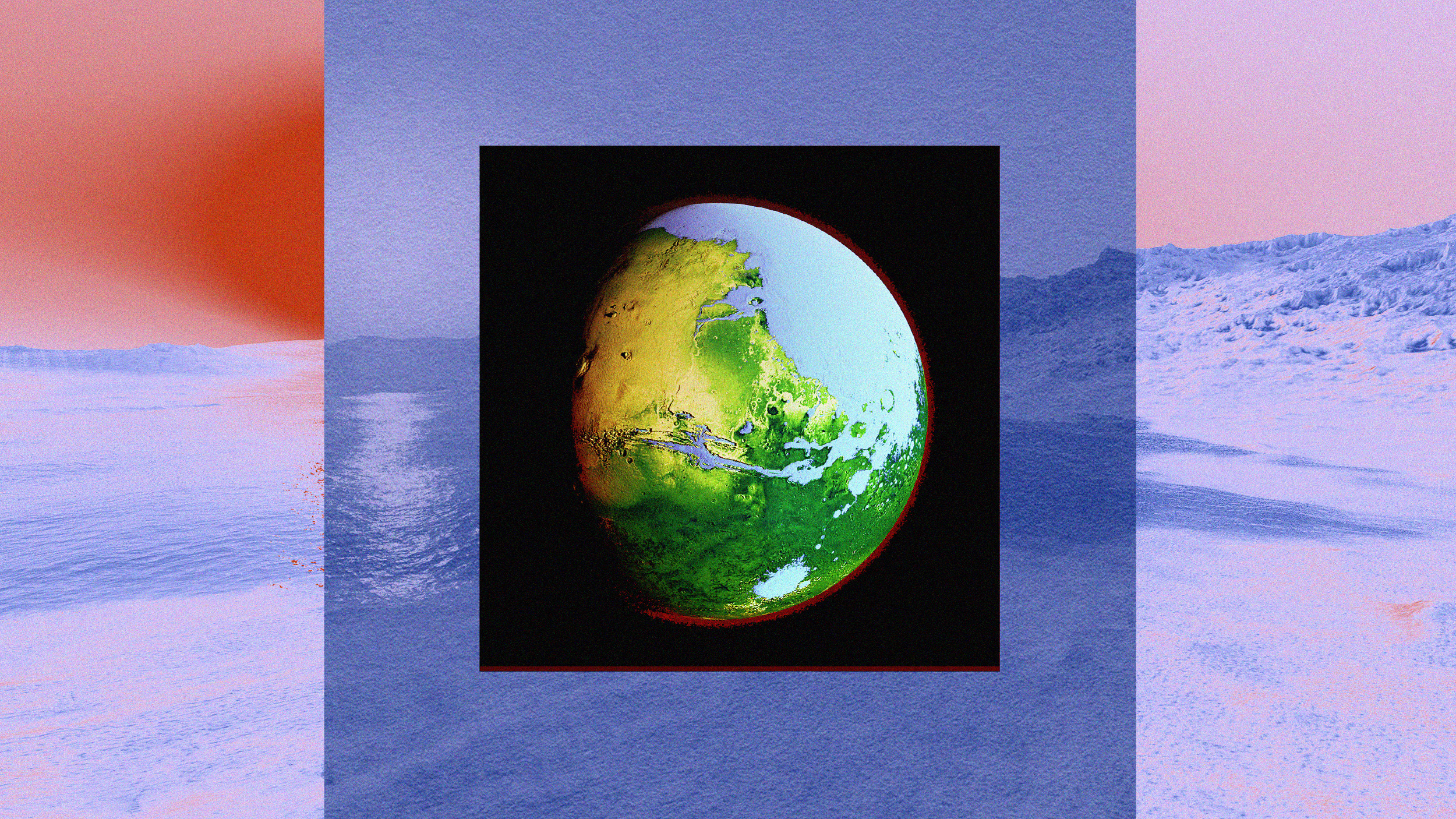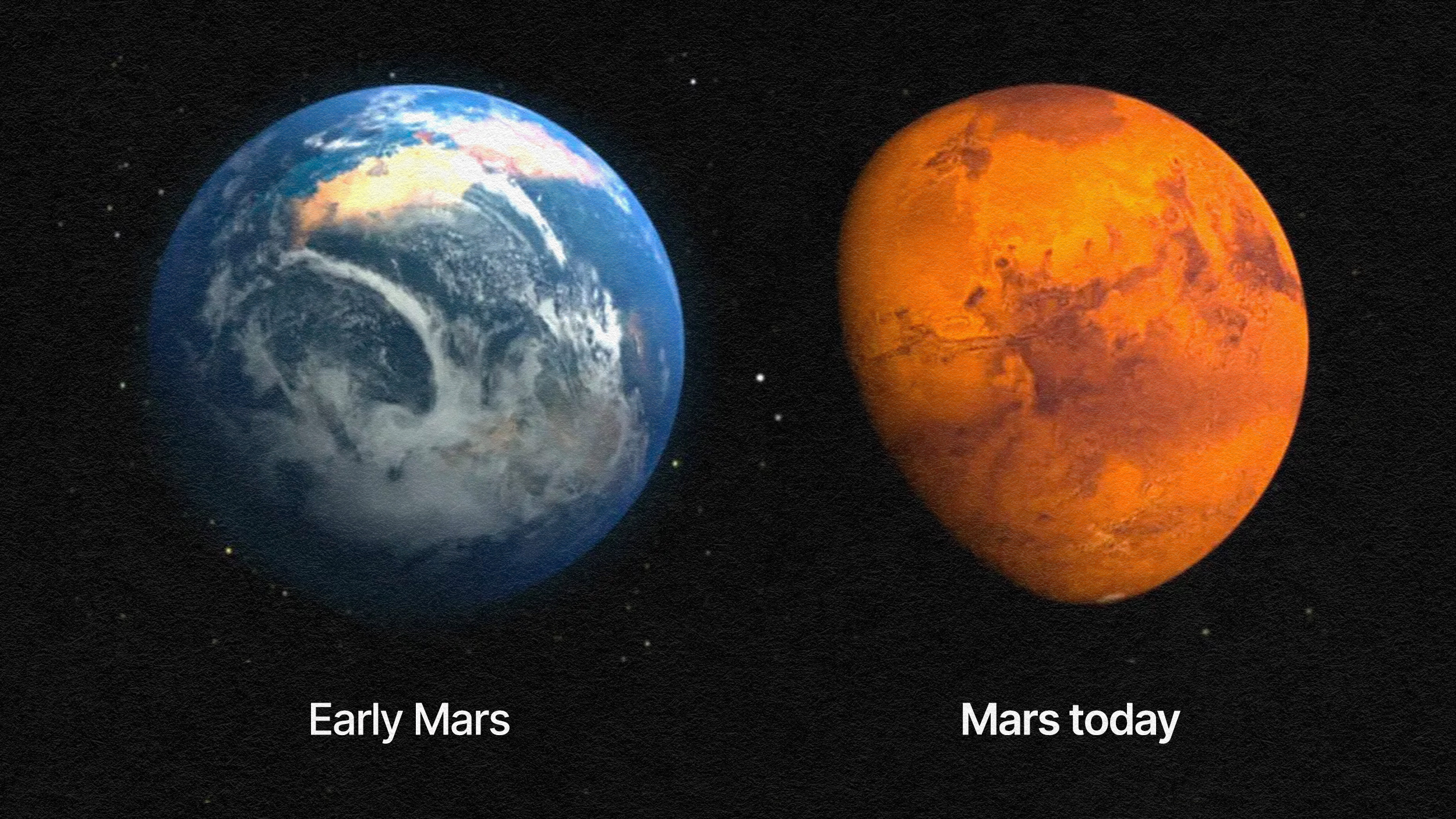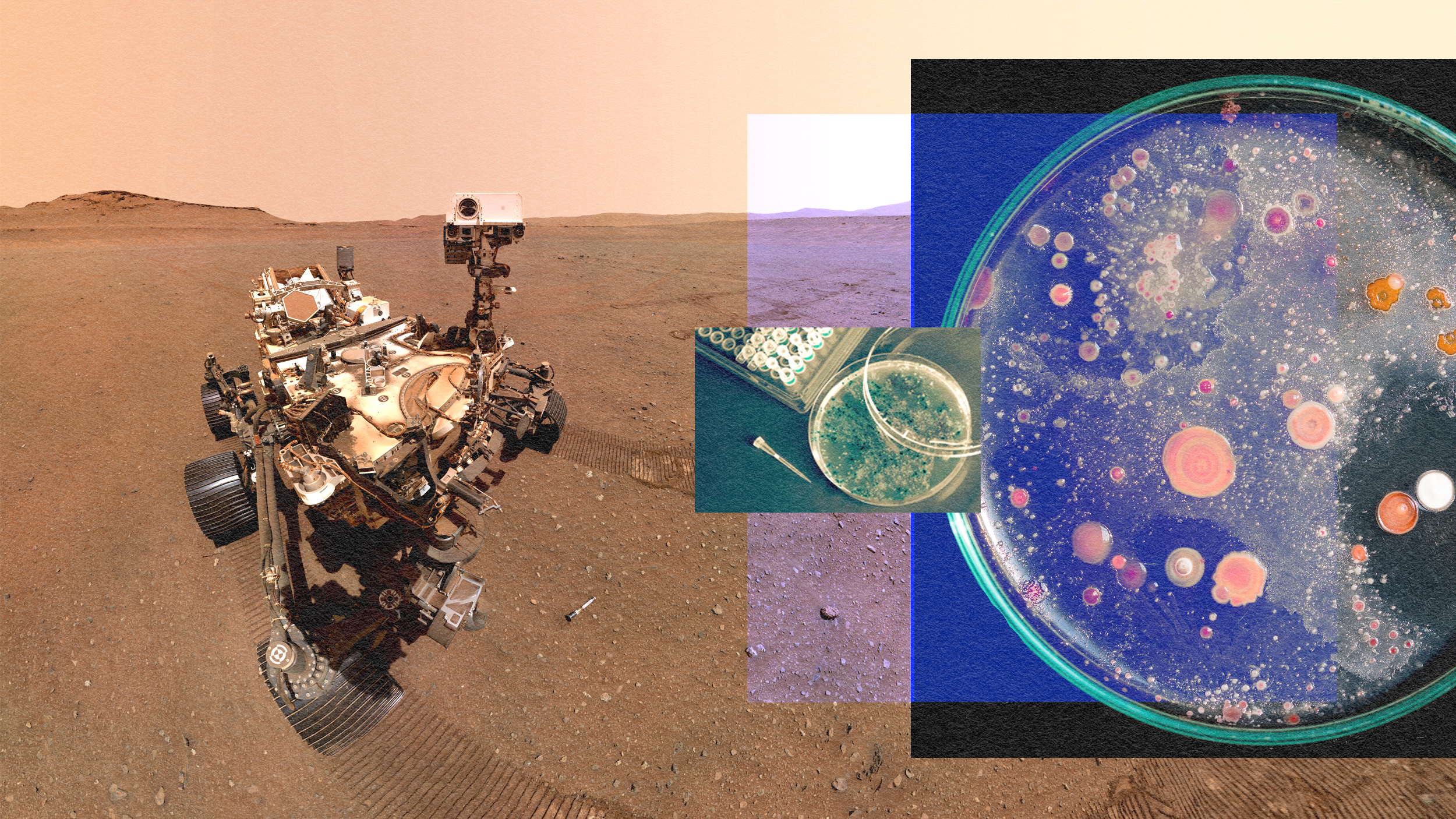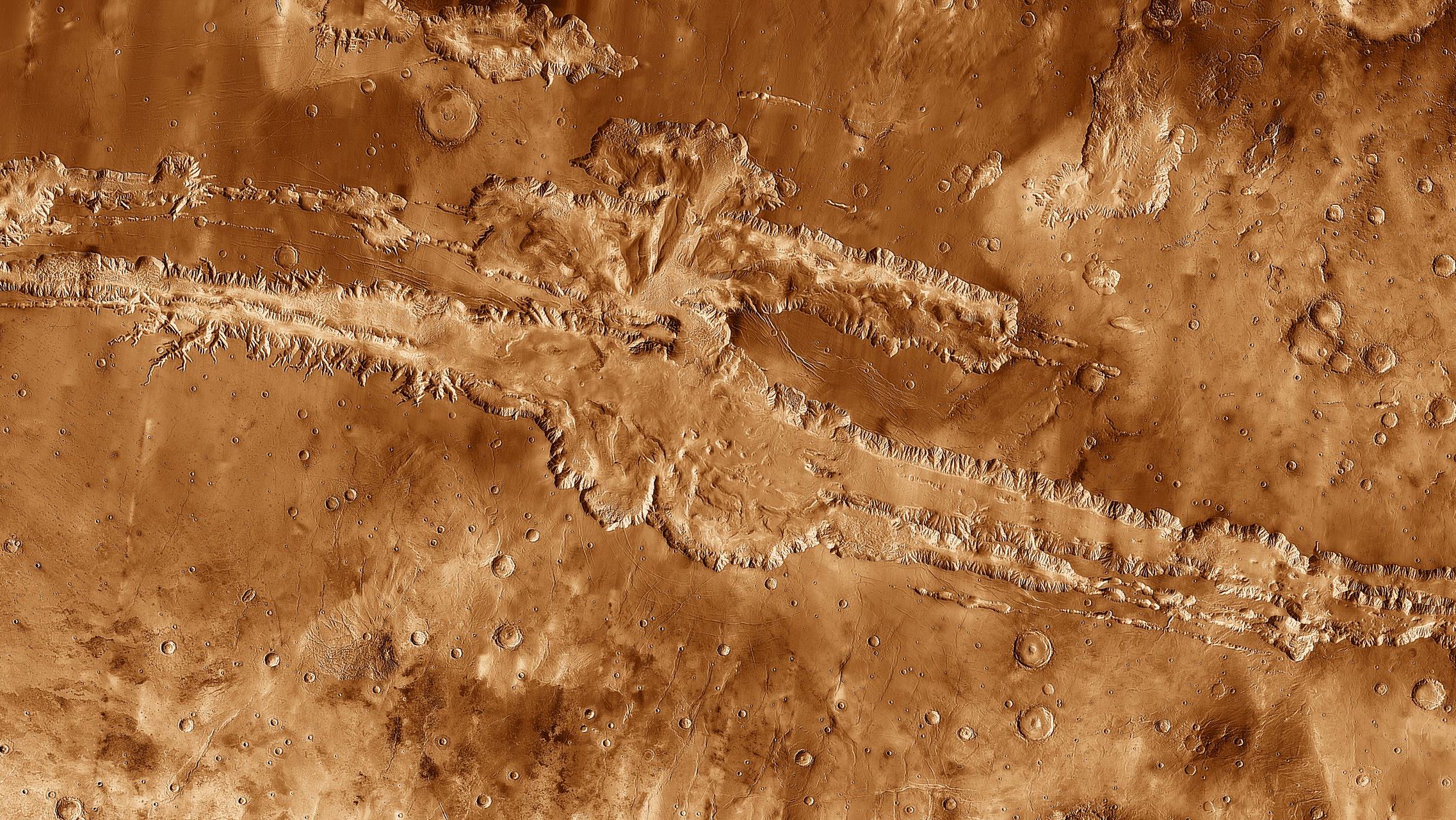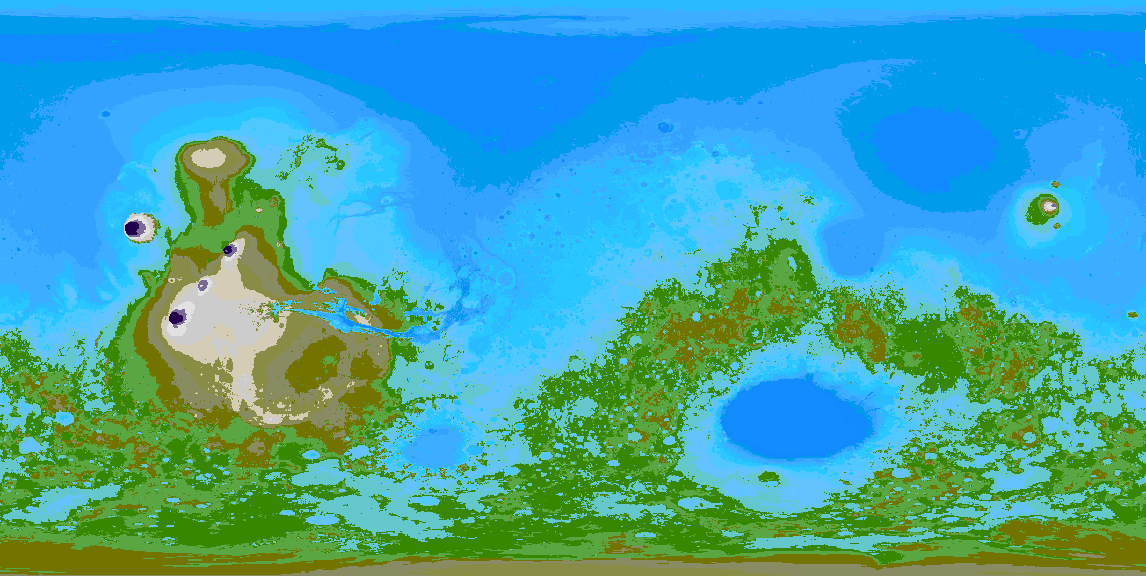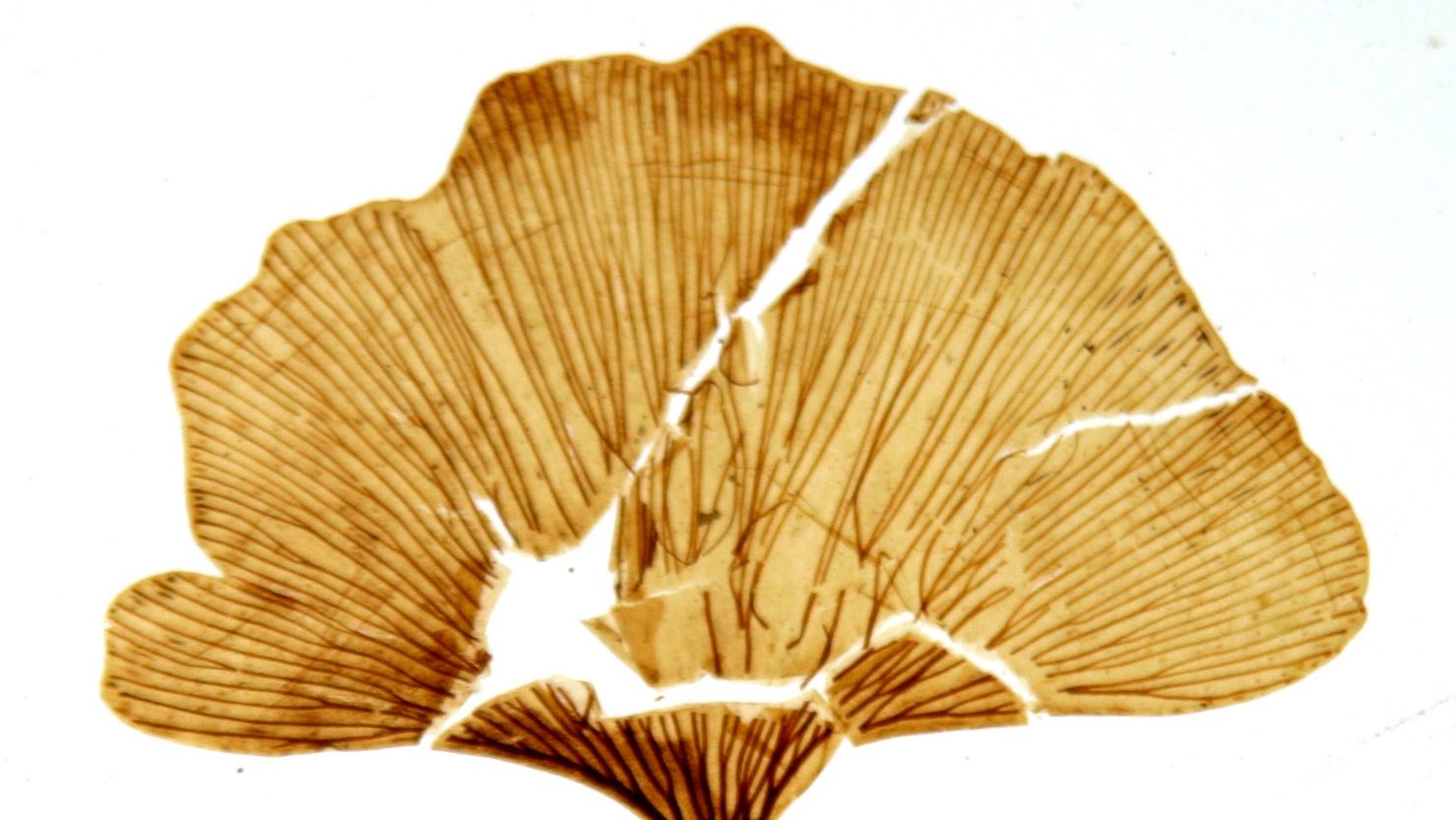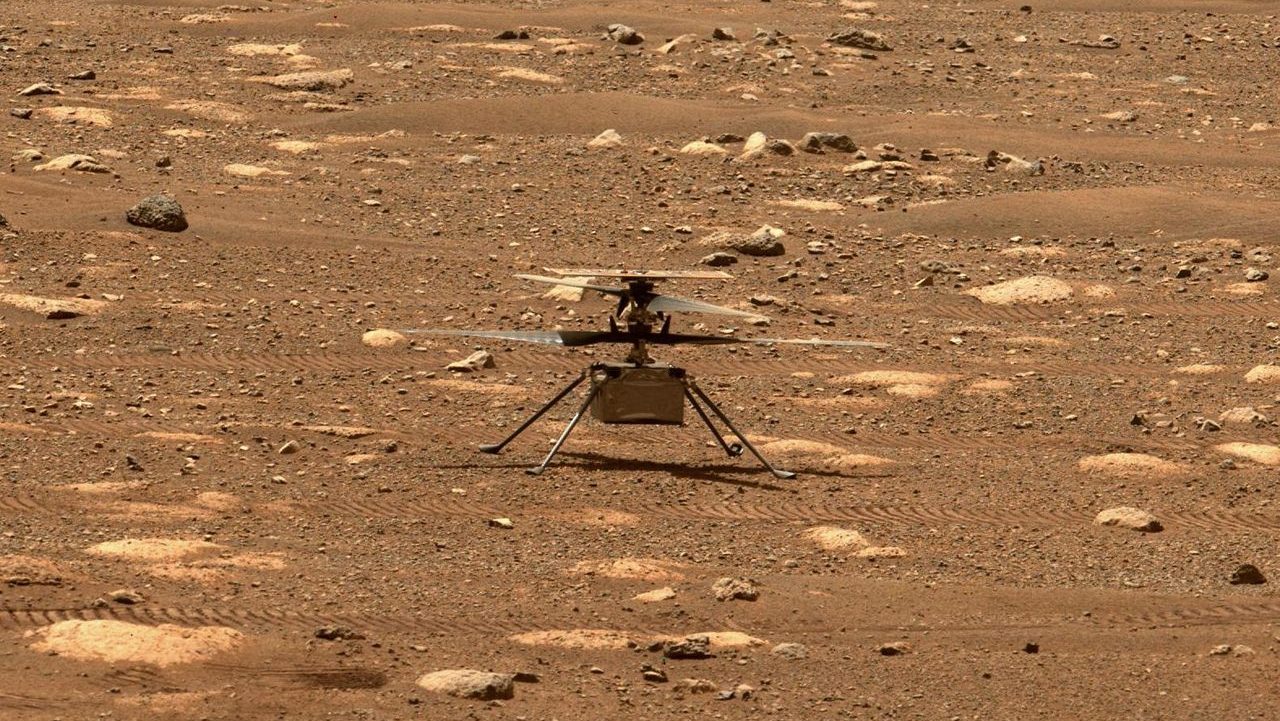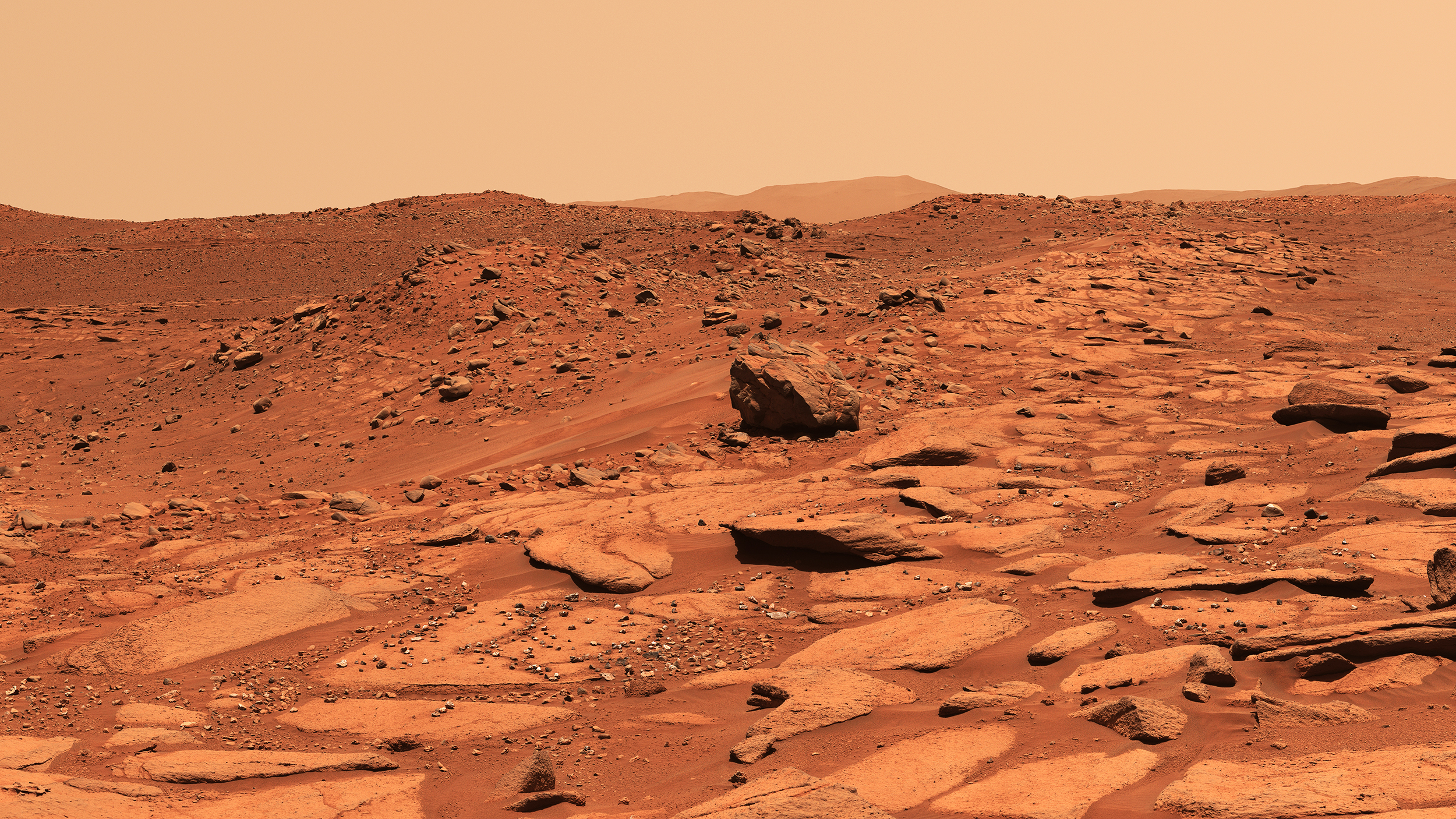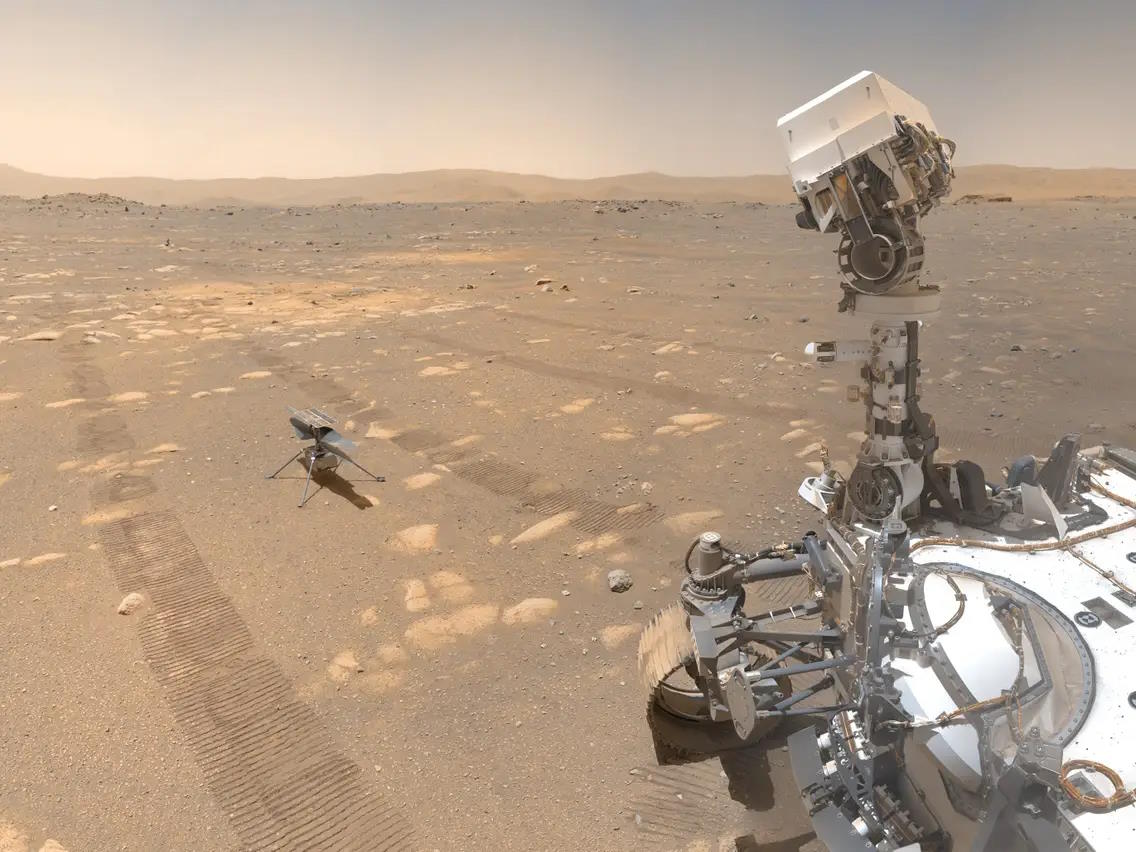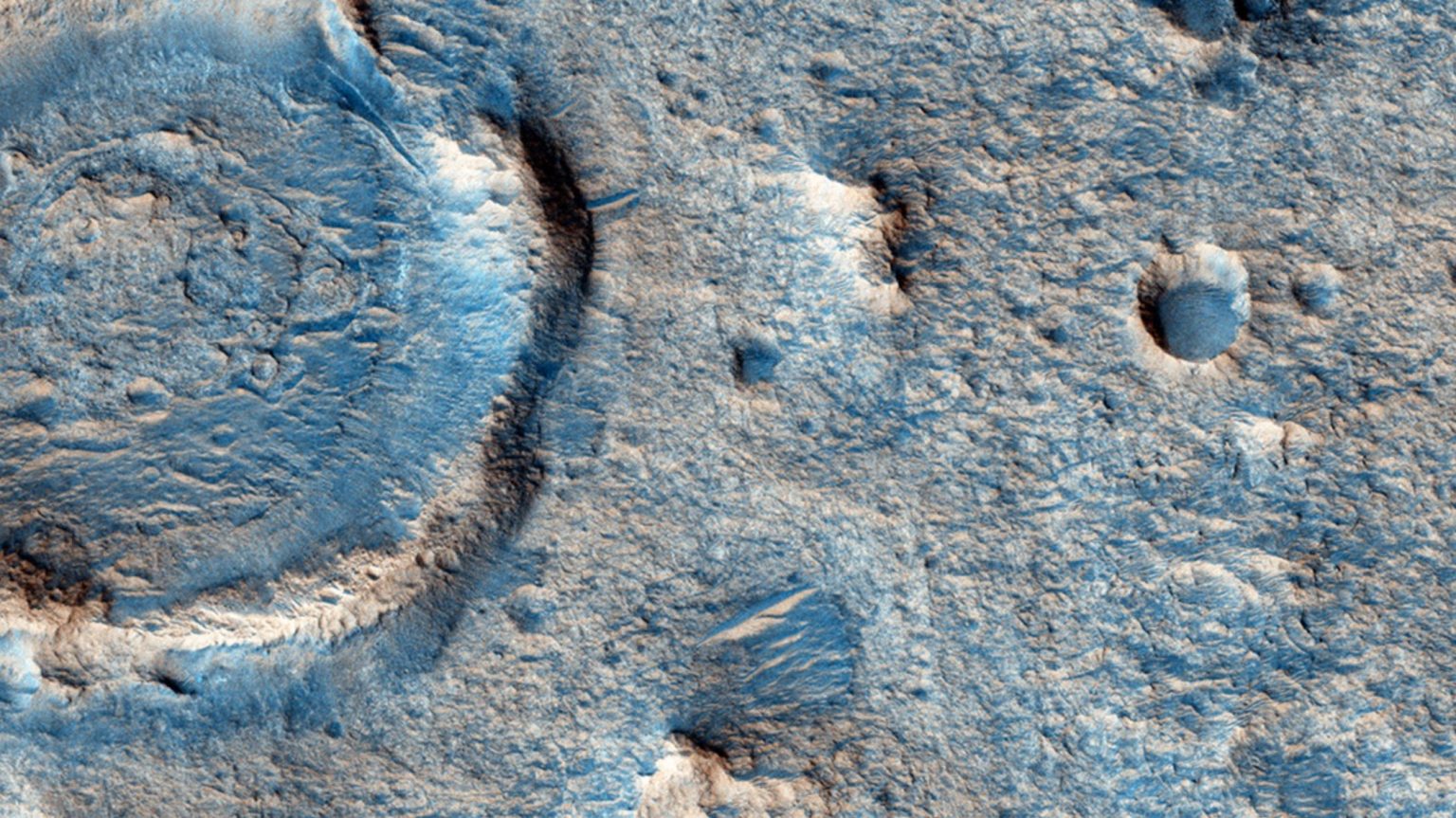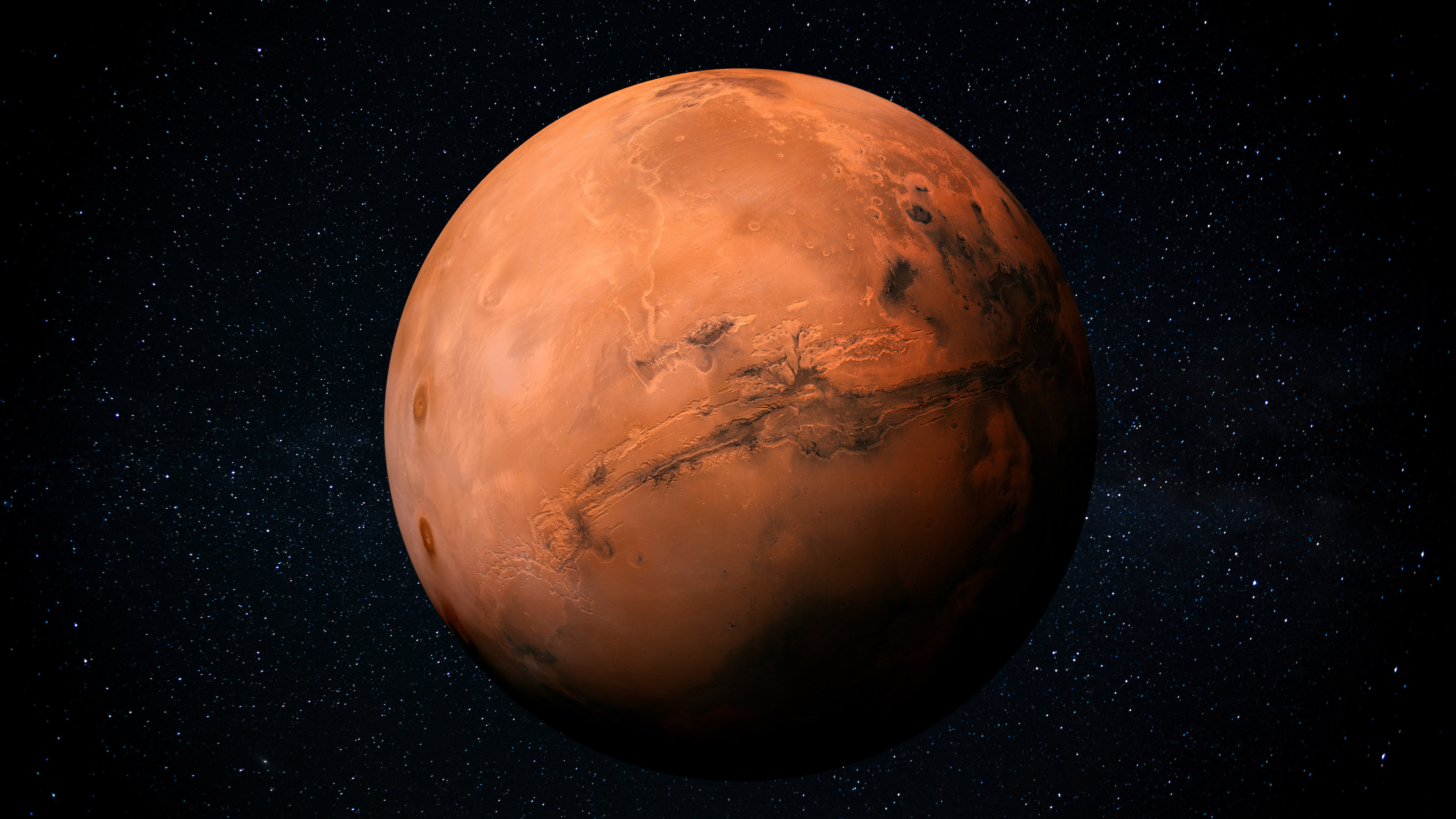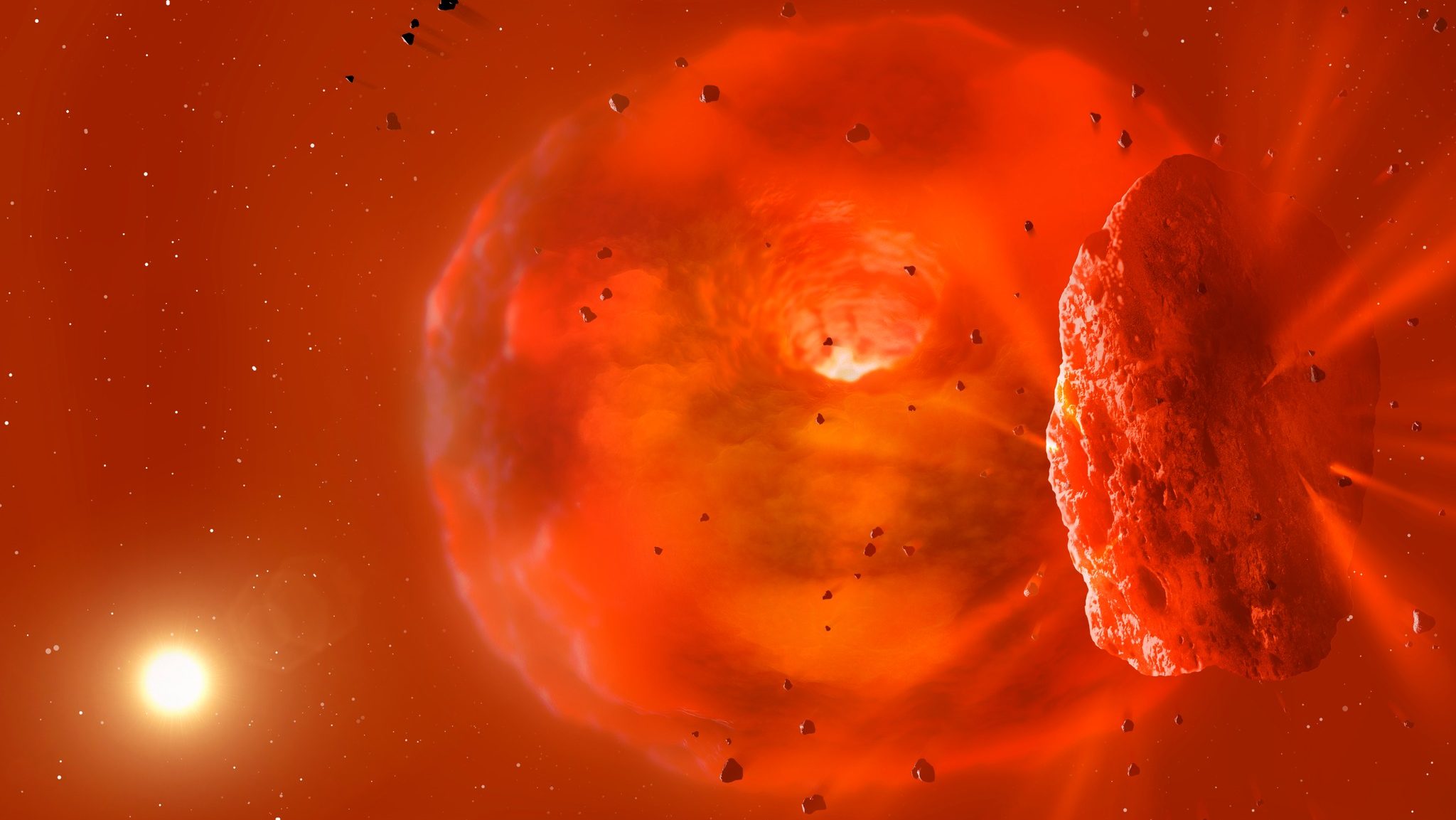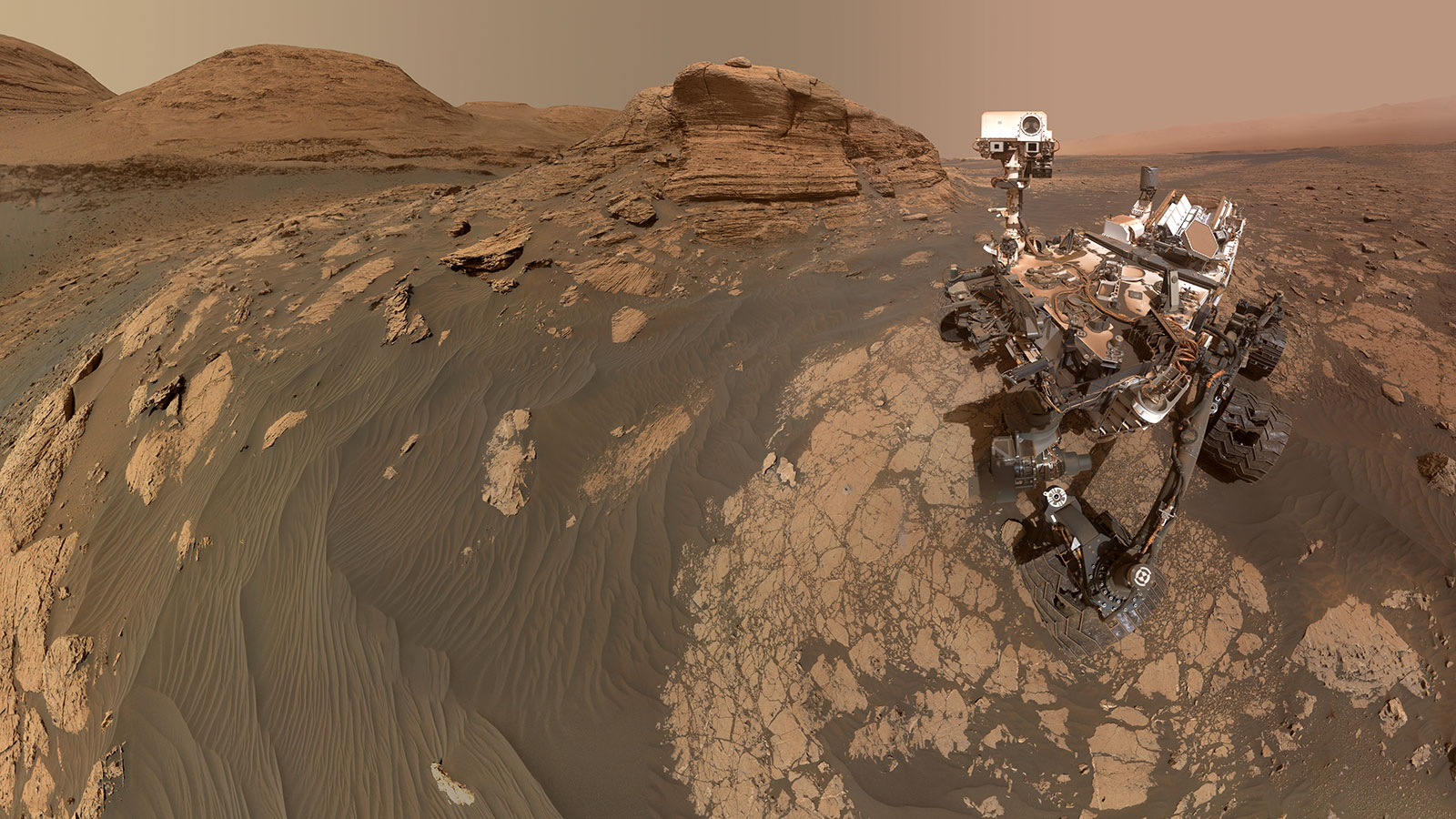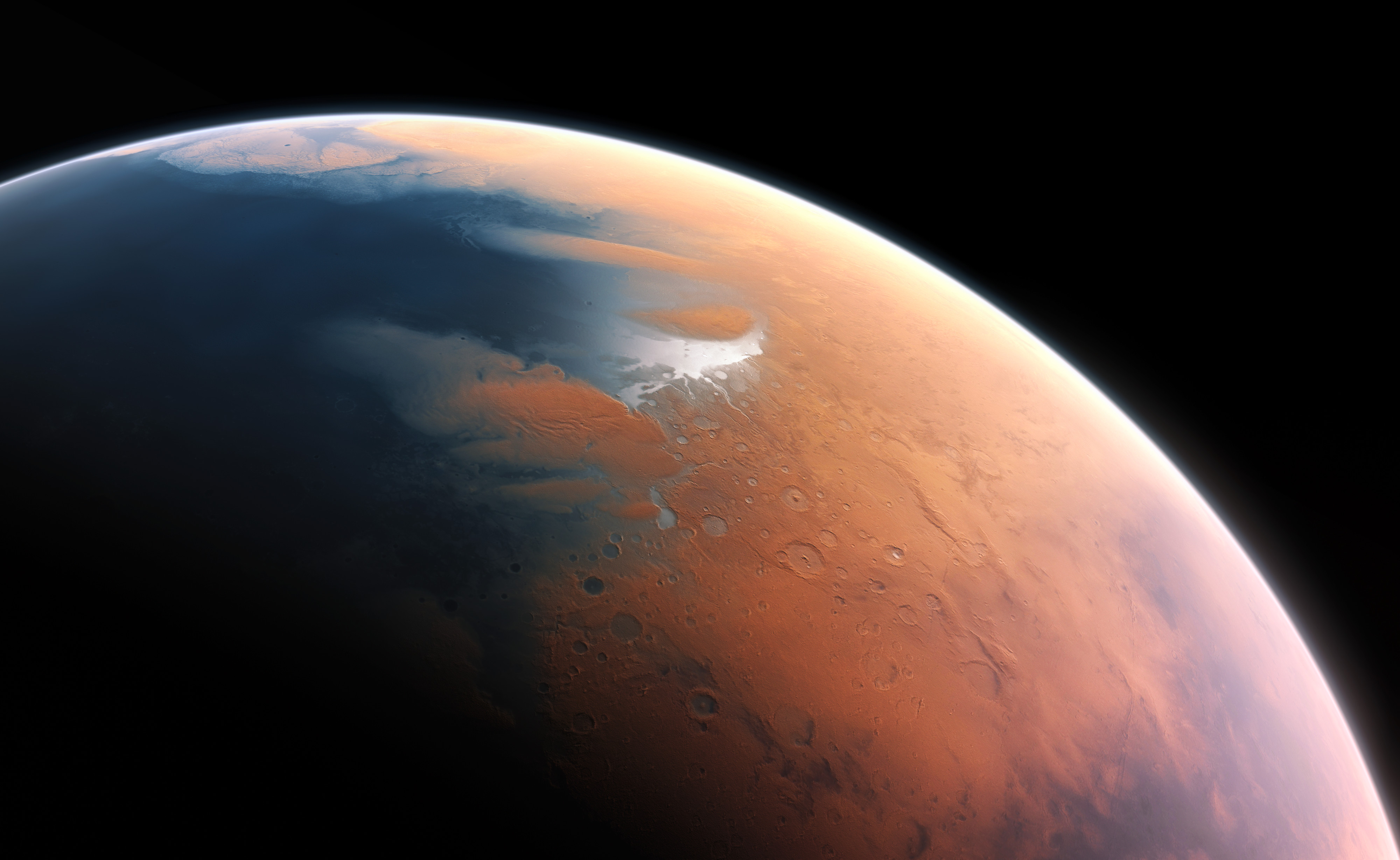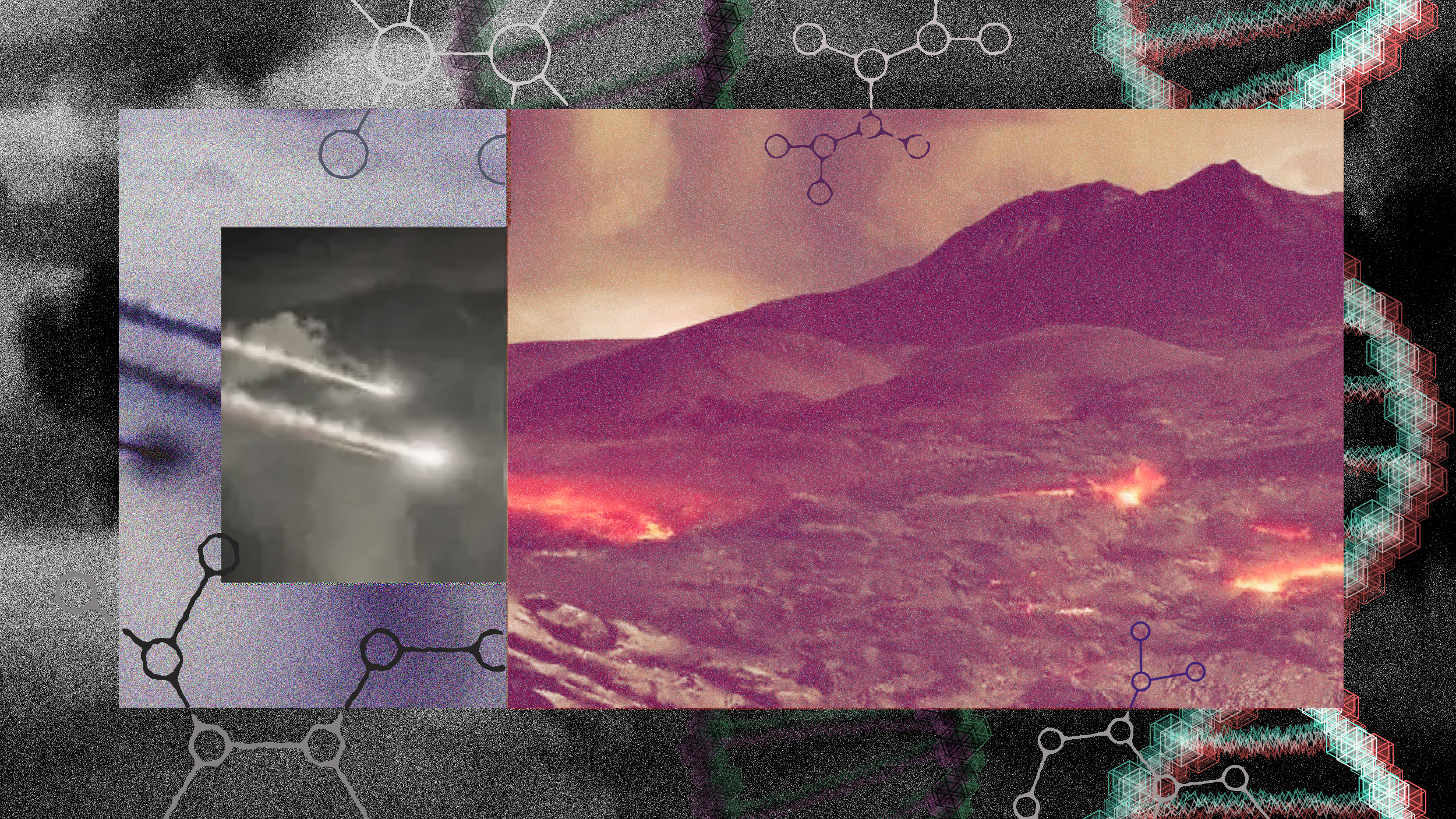The threats Mars astronauts face — and how NASA is working to solve them.
Search Results
You searched for: Mars
Whenever someone waxes poetic about terraforming alien worlds, it’s worth taking a moment to consider the ethical implications of the proposal.
In the early stages of our Solar System, there were three life-friendly planets: Venus, Earth, and Mars. Only Earth thrived. Here’s why.
The case for why NASA should pivot to searching for current — not ancient — signs of life.
Valles Marineris is the Solar System’s grandest canyon, many times longer, wider, and deeper than the Grand Canyon. What scarred Mars so?
Chemical changes inside Mars’ core caused it to lose its magnetic field. This, in turn, caused it to lose its oceans. But how?
Well-preserved ancient plants and other finds at the Clarkia fossil beds hint at what kind of evidence any Martian life may have left behind.
If the past is any guide, things are going to take off quickly.
Comparing Elon Musk’s Mars rocket to NASA’s new ride.
Sophisticated rovers have found the conditions for Martian life, as well as the building blocks of life, but never life itself. AI can help.
To know how to protect its astronauts, NASA needs to first understand the threat.
Mars, the red planet, was a world we knew almost nothing about until our first spacecraft visited it. In just ~50 years, how far we’ve come!
A next-generation instrument on a delayed rover may be the key to answering the question of life on Mars.
It could cut the time needed to reach Mars in half.
See the 3 biggest space stories from October 16-22, 2023.
Ancient currents seemed to move in concert with a 2.4 million-year dance between the Red Planet and Earth.
A long view of biological survival might point us to new possibilities for finding life elsewhere in the Universe.
In one experiment, the Viking landers added water to Martian soil samples. That might have been a very bad idea.
NASA gave three robots plans for a moon shelter, and the robots figured out how to build it.
The Earth that exists today wasn’t formed simultaneously with the Sun and the other planets. In some ways, we’re quite a latecomer.
The Universe, although violent, is filled with creation events following destructive ones. 1850 light-years away, both types are unfolding.
We may have discovered alien life already but rejected the evidence too quickly because it seemed false at first glance.
Compared to Earth, Mars is small, cold, dry, and lifeless. But 3.4 billion years ago, a killer asteroid caused a Martian megatsunami.
The record-breaking transmission could revolutionize deep space communication.
“I study the mineral kingdom — and its secrets could lead us to alien life.”
▸
4 min
—
with
The first tests of optical communications far from Earth will take place aboard the asteroid-bound Psyche spacecraft
It’s not about fairness. It’s about using every possible advantage.
Organic molecules can be produced by living or non-living systems. But the recent findings are very intriguing.
The giant impact theory suggests our Moon was formed from proto-Earth getting a Mars-sized strike. An exoplanet system shows it’s plausible.
Although early Earth was a molten hellscape, once it cooled, life arose almost immediately. That original chain of life remains unbroken.

